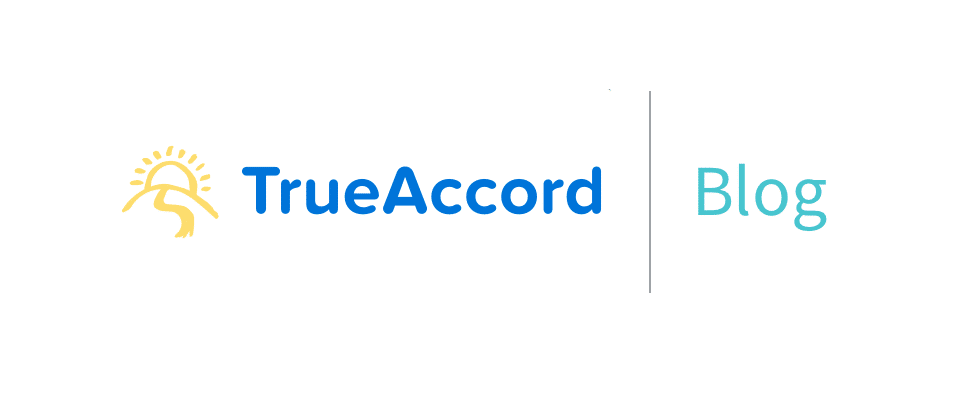
Getting paid is a difficult job, and one that small businesses often struggle with. Customers will surprise you with excuses and disputes that can severely influence your cash flow. In this post we’ll discuss ways to engage with your customers early so you won’t have to send them to small business collections.
Prepare to Receive Less Than 100% of What You Are Owed
Some customers won’t pay, no matter what you do. They may disagree they need to pay at all, irresponsible, or genuinely had a life event that impact their ability to pay. You’ll eventually need to use a trusted third party like TrueAccord to get these ones to pay. Accepting this saves you time and heartache – there’s a limit to the number of calls and reminders you should offer late payers and a limit to the time you or your team should spend on them. Still, there are ways to get closer to 100% even before using a small business collection service.
Reducing the Rate of Late Payers
Preventing late payments requires a structured process to keep them aware of their obligation, deal with expected excuses, and following up until you get paid. Specifically, pay attention to the following:
Be planned with giving out credit. Negotiate payment terms in advance, write them down, and limit how much risk you take in every transaction. Adopt pre-paid models whenever possible, and require a payment instrument before you let customers use your product. Beware of new customers, those without a long established history, that run up a balance on their first days or weeks. If you run an eCommerce business or a marketplace, frequent and aggressive purchasing sprees from new customers are a major red flag and should be stopped and examined by your risk team.
Be prompt in issuing your invoice or charging a payment instrument post completion of a job or with following up on late payments. Have a process for following up on chargebacks, outstanding balances, or invoices early and often, even if you end up sending some balances to a small business collections partner. Even if you don’t get paid on time, keeping on top of customers increases awareness and prepares them to negotiate payment terms when they’re able to.
Be frictionless in your methods of payment. Keep a payment instrument on file even if your model is post payment, and verify it with a $0 authorization or random charges. The more payment options you have, especially the more backup payment options, the better your chances of getting paid. PayPal was able to recover more than 95% of failed ACH payments thanks to using cards as backup payment instruments.
Be polite in your communication with your customer. They might not pay you today, but end up being a valuable long term customer if you just work with them through their current situation. Your goal with your receivable management process isn’t only to prevent late paying customers, it’s also to retain relationships with the most valuable ones. Don’t let a temporary situation ruin a beneficial long term relationship.
Be ready to escalate. You may invest a lot of effort in order to prevent late paying customers, but you are not an A/R expert and are not planning to become one; your team isn’t either. Using a third party takes emotion out of the equation, allows customers with service disputes to express themselves, and creates an opportunity to negotiate. Having a small business collections partner as a last resort also increases your chances of recovery just by informing customers that it’s an option. We don’t like it, and we’re always focused on great UX, but the negative perception “debt collection” evokes can work in your favor.
Bottom Line
It’s not easy to prevent late paying customers, but following a process, a few best practices, and using a strong small business collections partner can get you paid much sooner than you usually do. Think through your on-boarding, billing, and follow up process to significantly reduce the number of people who end up not paying – and talk to us when you’re ready to hand them off.
Interested in trying us out? Sign up here!